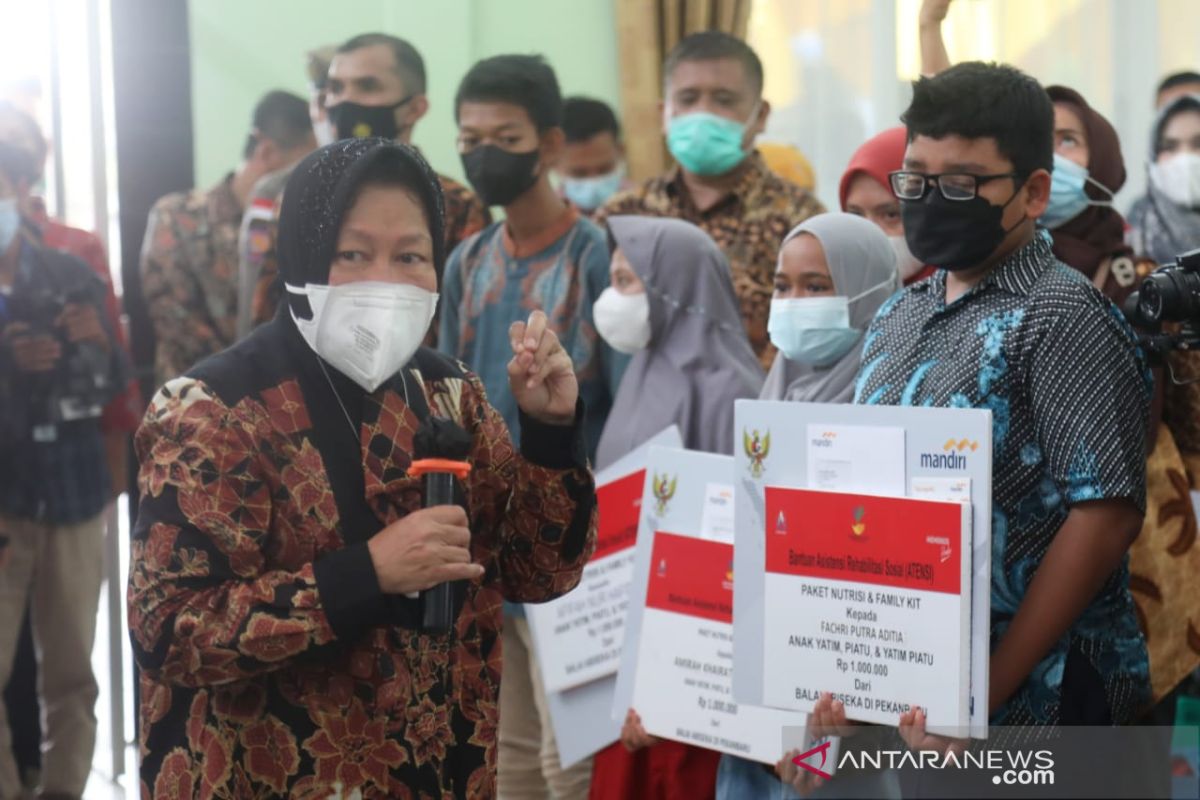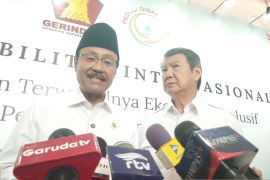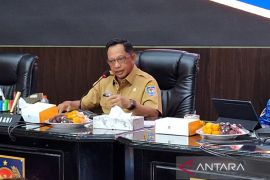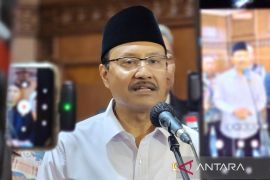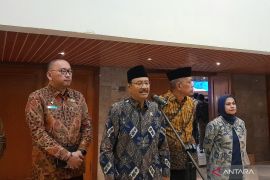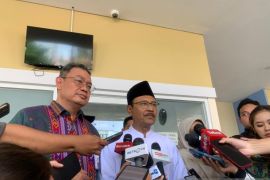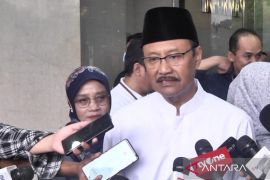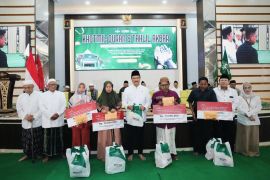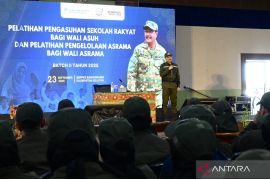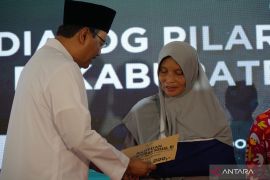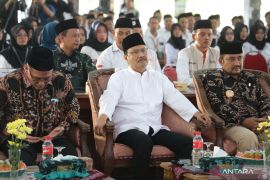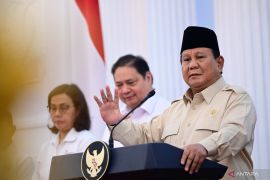Such a role aligns with the law that gives local governments the authority to update data on poverty.
"Updating data is the task of the local government in accordance with Law Number 13 of 2011. Updating data can be started by holding a village meeting and then followed by conducting a data update at a higher level," Rismaharini noted in a statement received here on Thursday.
The minister remarked that the local government and its staff up to the village level had full authority to determine those eligible for the assistance.
Rismaharini delivered the statement in response to cases of untargeted aid distribution in several regions. The most recent case was recorded in Ambang Dua Village, Bolaang Timur Sub-district, Bolaang Mongondow District, where people in the area staged a protest at the village office.
They protested the inclusion of the village head's name in the list of recipients of the Cash Social Assistance (BST). As part of the protest, the local community sealed the village office and placed protest banners on the walls of the office.
Related news: Social Affairs Ministry records budget realization of 97.11% in 2020
The ministry then checked the information and confirmed that the village head's name, Sangadi, was indeed listed as a beneficiary. The ministry then took off the person's name from the list of beneficiaries.
Law Number 13 of 2011 on handling the poor stipulates that the district or city government has the authority to update data. This provision is contained in Articles 8, 9, and 10 of Law No. 13 of 2011 that states updating data is a gradual process assigned to district or city governments.
The minister cited article 8 which states that verification and validation as referred to in paragraph (4) is conducted by social welfare officers in the sub-district or village.
"Hence, the ministry does not directly collect data. The ministry is in charge of determining the data whose updating process is being conducted by the regions. The problem is that several district and city governments are still less active or even inactive in updating the data,” she pointed out.
Hence, she reminded the local governments and their staff to be active and supervise the data updating process.
"Poverty data is dynamic, as residents can likely move from their place of residence or die. There are also residents whose economic conditions got better, so they are no longer eligible to receive assistance. There are also beneficiaries, who are relatives of the village head. Well, in the case of Bolmo, the village head himself actually received the assistance. Hence, the data collection process must really be monitored,” she affirmed.
Meanwhile, the minister also received several reports on the distribution of social assistance that was not right on target or was hindered. She responded to it quickly by instructing the staff to immediately address the matter.
Related news: VP seeks consolidation of data on pandemic-induced extreme poverty
Translator: Devi Nindy Sari Ramadhan, Katr
Editor: Rahmad Nasution
Copyright © ANTARA 2021
